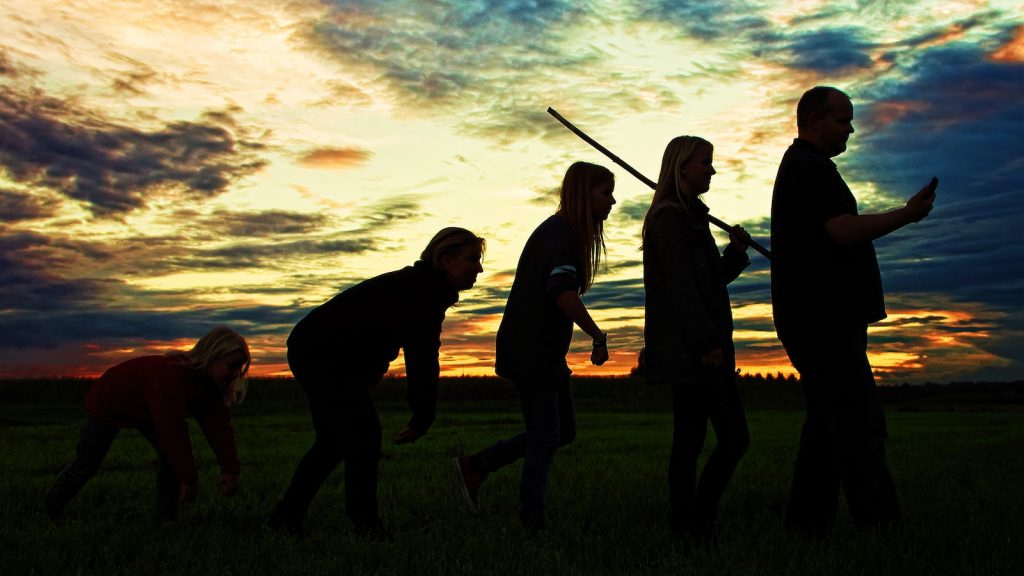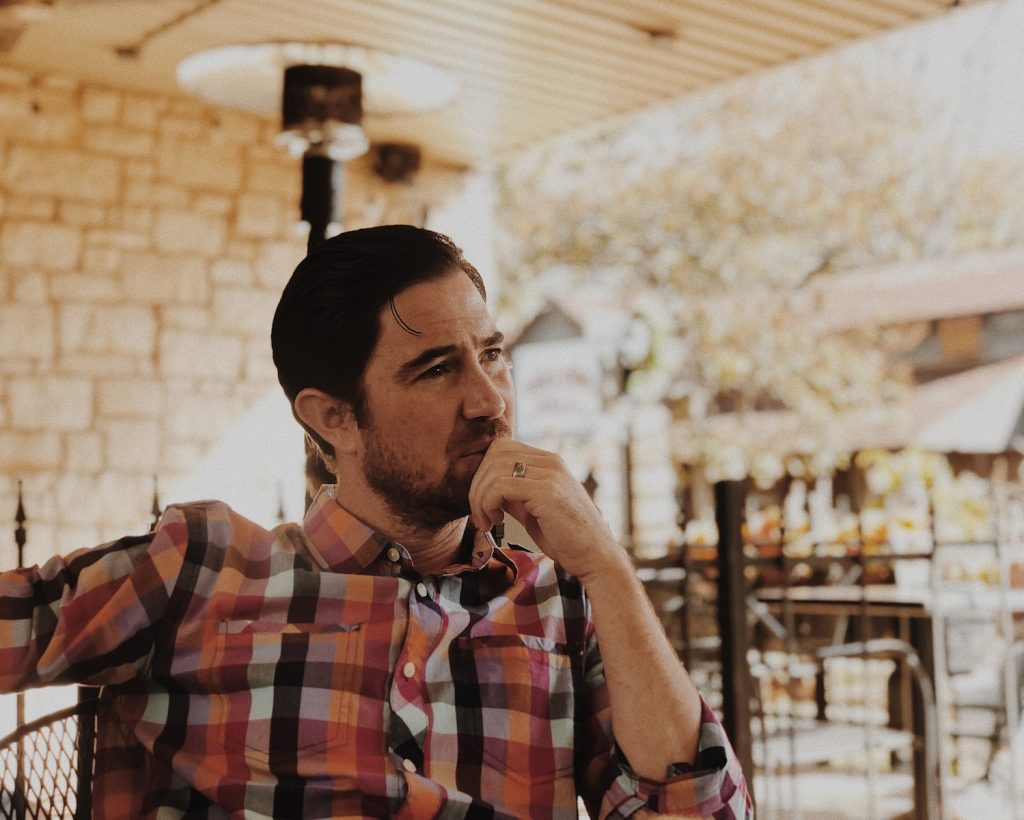Why Familiarity Does Breed Contempt: Unveiling the Paradox of Human Behavior
The Paradox of Familiarity Breeding Contempt
Have you ever wondered why familiarity sometimes leads to contemptuous feelings? It’s a perplexing aspect of human behavior that has intrigued psychologists, sociologists, and philosophers for ages. In this comprehensive article, we delve into the intriguing phenomenon of why familiarity often breeds contempt. From psychological underpinnings to social dynamics, we’ll explore the various facets of this paradox and shed light on the intricate workings of human interactions.

Why Familiarity Does Breed Contempt
The essence of the paradox lies in the fact that as we become more acquainted with someone or something, our initial positive feelings can gradually transform into negative ones. This phenomenon is deeply rooted in psychology and has significant implications in our personal and social lives.

Unveiling the Psychological Mechanism
The Halo Effect and Its Twist
Have you ever been charmed by someone’s initial impression, only to later discover their flaws? This is the essence of the halo effect. When we first encounter someone, our brains tend to focus on their positive attributes, creating a figurative “halo” around them. However, as we become more familiar, our brains start noticing imperfections, causing the halo to dim and potentially leading to contempt.
The Habituation Factor
As humans, we’re wired to seek novelty. Familiarity often leads to habituation – a state where we become accustomed to stimuli and find them less rewarding over time. In relationships, this can result in diminishing excitement and, paradoxically, a decrease in admiration.
Psychological Reactance at Play
Psychological reactance is our natural response to feeling restricted. Paradoxically, as we become familiar with someone’s behavior or opinions, we might start feeling constrained by their predictability. This can trigger a subconscious rebellion, manifesting as contempt.
Unraveling the Social Dynamics
The Curse of Assumed Predictability
In social interactions, familiarity can lead to assumptions about the other person’s behavior. This assumption of predictability can dull the excitement of discovering new facets of their personality, inadvertently fostering contempt.
Strain on Communication
Close relationships often involve extensive communication. However, increased familiarity can sometimes lead to shortcuts in communication. We might think we know the other person’s thoughts, leading to incomplete conversations, misunderstandings, and eventually, contempt.
Familiarity Breeds Comparison
When we’re familiar with someone, we tend to compare them with ourselves or others. This comparative analysis can highlight differences and faults, fostering a sense of superiority that contributes to feelings of contempt.
FAQs
Q: Can familiarity breed contempt in positive situations? A: Yes, it can. Even in situations where familiarity should promote positive feelings, excessive familiarity can lead to taking the positive aspects for granted, ultimately resulting in contempt.
Q: Are there ways to prevent familiarity from leading to contempt? A: Absolutely. Maintaining a sense of curiosity, practicing open communication, and acknowledging that change is constant can all help prevent familiarity from turning into contempt.
Q: Is contempt inevitable in all familiar relationships? A: No, contempt isn’t inevitable. It depends on factors like the level of empathy, adaptability, and the willingness to invest effort in maintaining the relationship.
Q: Can contempt be reversed? A: Yes, with conscious effort. Recognizing the signs of contempt and actively working on rekindling positive feelings can reverse its effects.
Q: Are there cultural influences on familiarity breeding contempt? A: Indeed, cultural norms and values can impact how familiarity is perceived. Some cultures prioritize familiarity and see it as a basis for trust, while others value novelty and unpredictability.
Q: How does technology influence familiarity and contempt? A: Technology can accelerate the process of familiarity, especially in online relationships. Rapid familiarity can lead to quicker contempt if not managed carefully.
In the intricate tapestry of human behavior, the paradox of familiarity breeding contempt adds a complex yet fascinating thread. Understanding the psychological mechanisms and social dynamics behind this phenomenon can equip us to navigate our relationships with greater insight. By fostering curiosity, practicing effective communication, and embracing change, we can defy the instinctual contempt that familiarity might evoke. Remember, the key lies in cherishing the essence of novelty even within the realms of familiarity.







